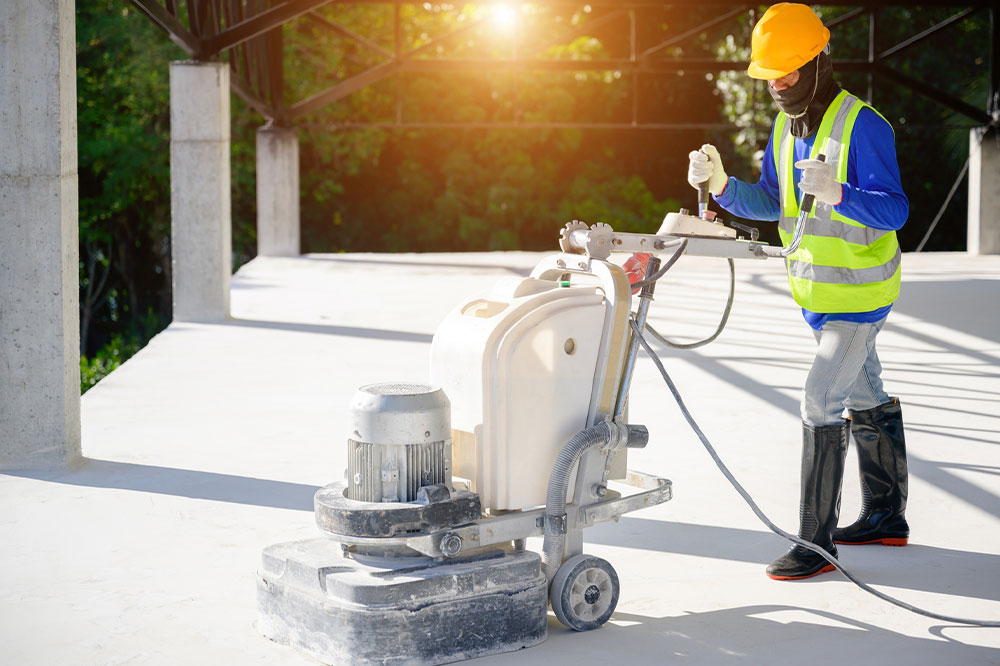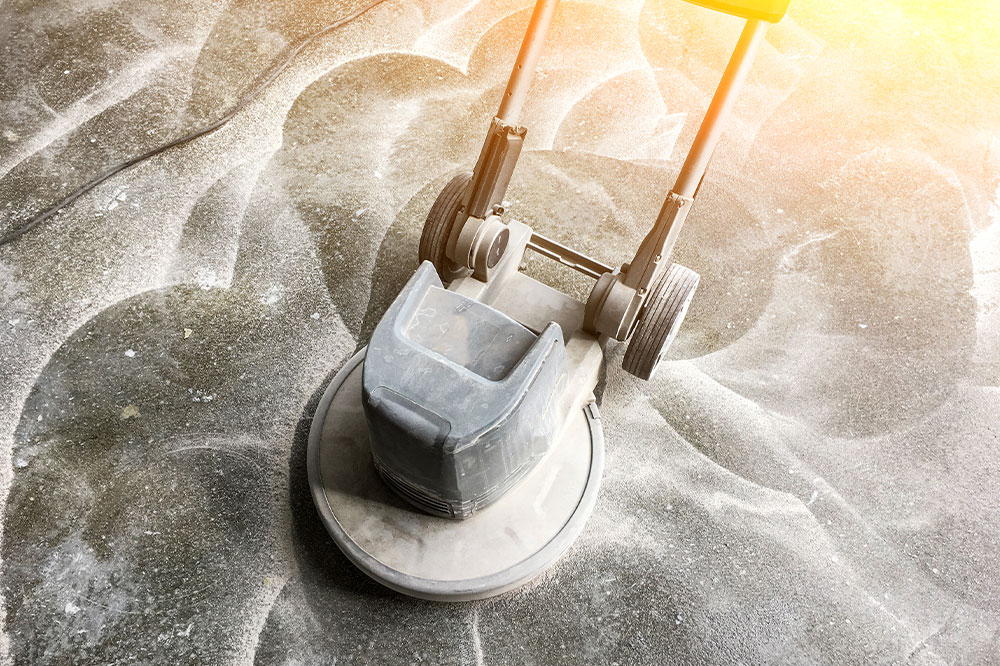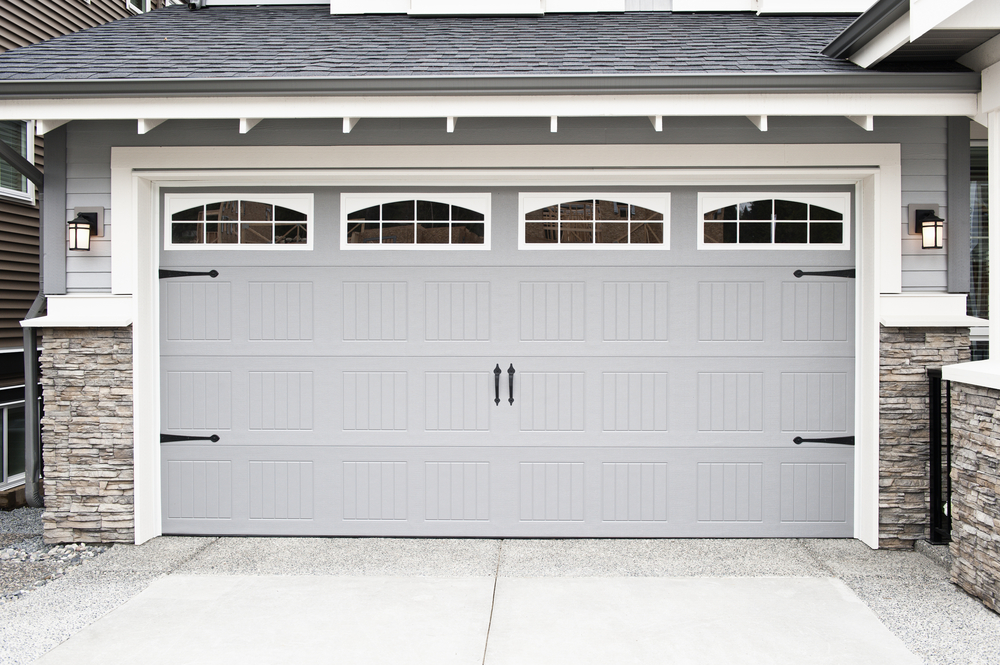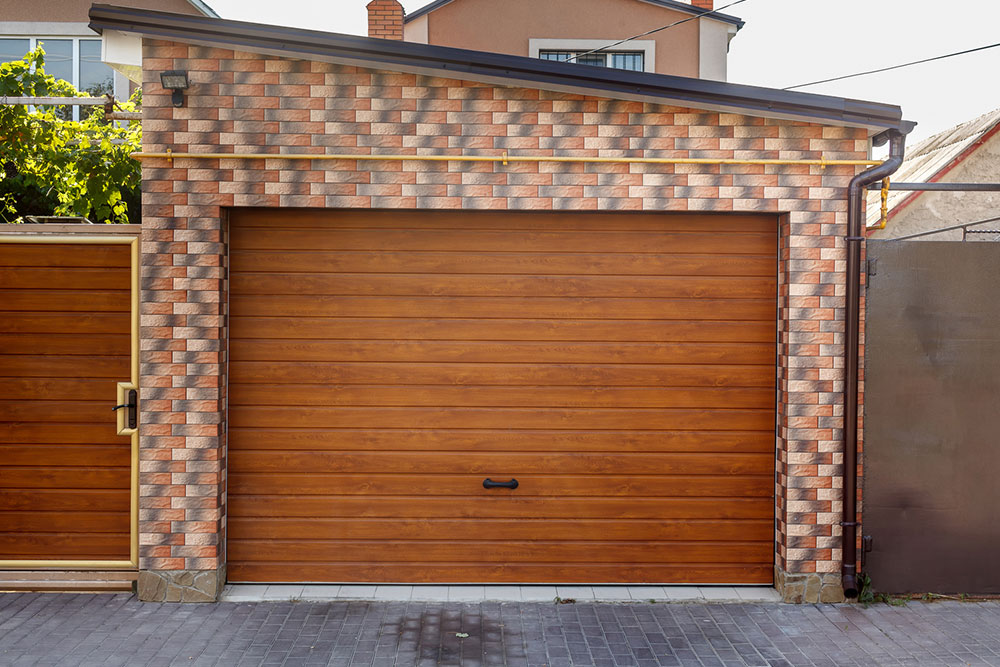Comprehensive Guide to Choosing the Ideal Garage Floor Covering for Your Home
This comprehensive guide helps homeowners choose the best garage floor covering, considering durability, style, and cost. From epoxy and polyurea to rubber and tiles, learn about different options, installation, and maintenance to make an informed decision for your garage upgrade. Enhance your space with durable, stylish flooring tailored to your needs.
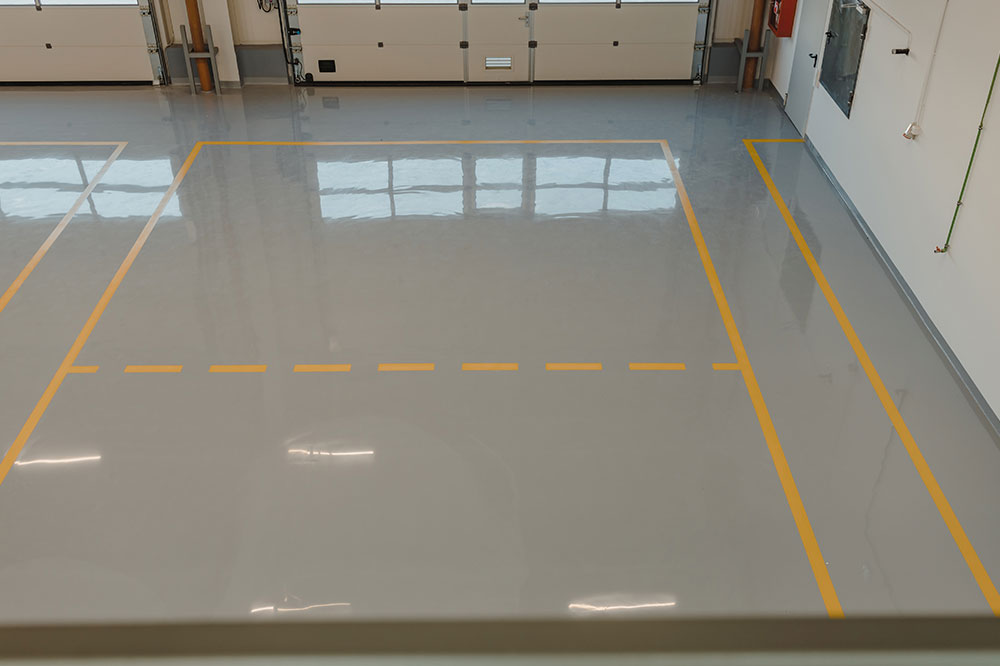
Comprehensive Guide to Choosing the Ideal Garage Floor Covering for Your Home
The foundation of a durable and visually appealing garage is undoubtedly its flooring. Selecting the right garage floor covering not only enhances the overall aesthetics but also ensures longevity, resistance to wear and tear, and ease of maintenance. Whether you're a homeowner looking to improve your garage's functionality or interested in upgrading your space's appearance, understanding the various flooring options is crucial. This detailed guide delves into the most effective and popular garage flooring solutions, their features, benefits, costs, and considerations to help you make an informed choice tailored to your needs.
Understanding Different Types of Garage Floor Coverings
Epoxy Coatings: Renowned for their durability and chemical resistance, epoxy coatings are among the top choices for garage floors. These coatings are typically two-part systems consisting of resin and hardener, which are mixed on site to create a tough, protective layer. Epoxy can be customized with various colors and decorative flakes, allowing homeowners to match their garage's interior decor or personal style. Epoxy flooring provides excellent resistance against stains, impacts, and heavy traffic, making it ideal for both practical use and aesthetic appeal. Professional installation ensures a smooth, high-quality finish, but DIY kits are also available for lesser budgets and small projects. The installation process involves proper surface preparation, mixing, and curing, which can take several days but results in a resilient surface that lasts for years.
Polyurea Coatings: As a modern alternative to traditional epoxy, polyurea coatings are gaining popularity due to their enhanced flexibility, faster curing times, and superior chemical and impact resistance. These coatings are ideal for high-traffic garages, especially where frequent usage or heavy equipment is involved. Although polyurea tends to be more expensive than epoxy, its long-lasting durability and quick installation process justify the higher cost for many homeowners. Polyurea’s flexibility helps prevent cracking and peeling over time, making it an excellent choice for uneven or concrete surfaces prone to movement. Additionally, they can be applied in various colors and textures, offering versatility for design preferences.
Rubber Flooring: Impact-resistant and easy to install, rubber flooring is often chosen for its comfort underfoot and resilience against oil spills, chemicals, and abrasions. Available in interlocking tiles or roll-out forms, rubber flooring is a popular DIY option, allowing homeowners to upgrade their garage floors without professional assistance. Rubber tiles can be quickly assembled or removed, making them suitable for temporary or flexible setups. They also provide excellent sound absorption, which is beneficial if the garage is used as a workshop or recreational area. Their resistance to damage from impacts and spills ensures longevity and reduces maintenance efforts, making rubber flooring a practical and affordable choice for many households.
Concrete Stains: For homeowners who prefer a more decorative and natural look, concrete stains offer an attractive solution. These stains penetrate the concrete surface, creating a marbled, mottled, or variegated appearance that enhances the raw concrete with vibrant colors or subtle earth tones. Concrete staining is an excellent way to elevate the aesthetic appeal of a plain concrete floor without significant structural modifications. The process involves preparing the surface, applying the stain, and sealing it with a protective coating. Stained floors are relatively easy to maintain, but care should be taken to prevent staining or wearing down over time, especially in areas of heavy use.
Concrete Sealers: Protective and cost-effective, concrete sealers form a glossy or matte barrier that prevents stains, spills, and moisture from penetrating the concrete. Sealers enhance the color vibrancy of the existing or stained concrete and provide an extra layer of defense against wear and environmental damage. They are available in various formulations, including acrylic, epoxy, and penetrating sealers, each offering different levels of protection. Sealing your garage floor is a straightforward process that can be done periodically to extend the lifespan of your concrete surface while maintaining its appearance.
Floor Tiles (PVC, Rubber, Interlocking): For those seeking customization and ease of installation, floor tiles present an excellent option. Made from materials such as PVC, rubber, or composite interlocking systems, these tiles come in diverse colors, patterns, and textures. Homeowners can create unique designs or match existing decor while benefiting from the ease of installing or replacing individual tiles. This flexibility allows for quick upgrades or repairs without extensive renovation work. Tile flooring is also easy to clean and maintain, making it a popular choice for garages used as workshops, gyms, or recreational spaces.
When selecting the ideal garage flooring, it is essential to evaluate your specific needs, such as budget, garage usage, aesthetic preferences, and the level of durability required. Understanding the strengths and limitations of each option enables you to make an informed decision that aligns with your lifestyle and long-term goals.
Cost Analysis of Common Garage Floor Coverings
Epoxy Coatings: The cost of epoxy flooring varies depending on whether you opt for professional installation or a DIY kit. Professional applications typically range from $3 to $12 per square foot, influenced by factors such as surface preparation, quality of epoxy, and labor costs. DIY epoxy kits are more affordable, generally priced between $50 and $600, making them a popular choice for budget-conscious homeowners willing to put in some effort. Proper surface preparation is crucial for epoxy's longevity, and investing in professional installation can ensure a flawless finish that lasts for years.
Polyurea Coatings: Known for their superior performance, polyurea coatings usually cost between $4 and $8 per square foot when installed professionally. The actual cost depends on garage size, the complexity of the surface, and regional labor rates. While more expensive than epoxy, polyurea’s quick curing time and durability can offset these costs in the long run by reducing maintenance and re-coating needs.
Rubber Flooring: Rubber surfaces, especially in roll or tile formats, are cost-effective options. Rolled rubber flooring costs approximately $1.50 to $5 per square foot, while interlocking tiles range from $3 to $7 per square foot. These prices include materials and basic installation, making rubber flooring a budget-friendly yet resilient choice for many homeowners.
Concrete Stains: Applying decorative stains to concrete typically involves costs of about $2 to $4 per square foot. The price varies based on the complexity of the design, color choices, and area size, with custom patterns and multiple colors increasing overall expenses.
Concrete Sealers: For protective sealing, costs are relatively low, averaging around $0.25 to $0.75 per square foot. Sealing can be easily performed by DIY homeowners or professional contractors, providing an affordable way to extend the lifespan of your concrete floors.
Floor Tiles: Tile options vary widely in price depending on the material and design. Costs can range from as low as $1.50 per square foot for basic PVC or rubber tiles to $10 per square foot for high-end materials or custom patterns. Tiles are easy to install and replace, making them a flexible and attractive choice for many garage owners.
In conclusion, selecting the right garage floor covering entails balancing factors such as durability, aesthetics, cost, and intended usage. Rubber flooring excels in impact resistance and comfort, epoxy offers affordability and toughness, while tiles provide customization and flexibility. By carefully assessing your priorities and environment, you can choose a flooring solution that not only enhances your garage's appearance but also withstands daily wear and tear, ensuring years of reliable service.
